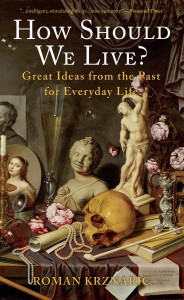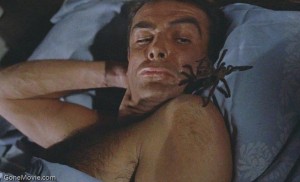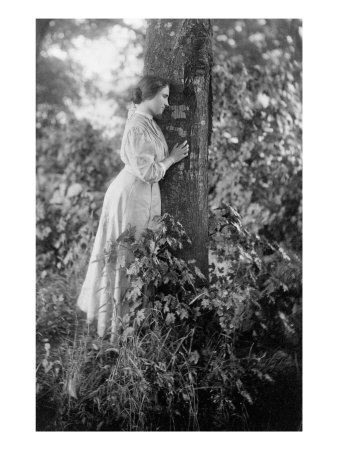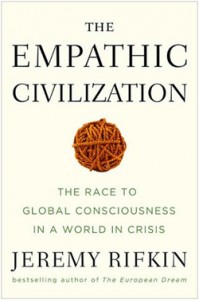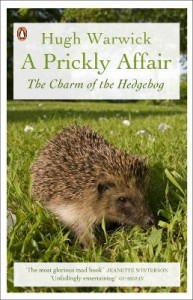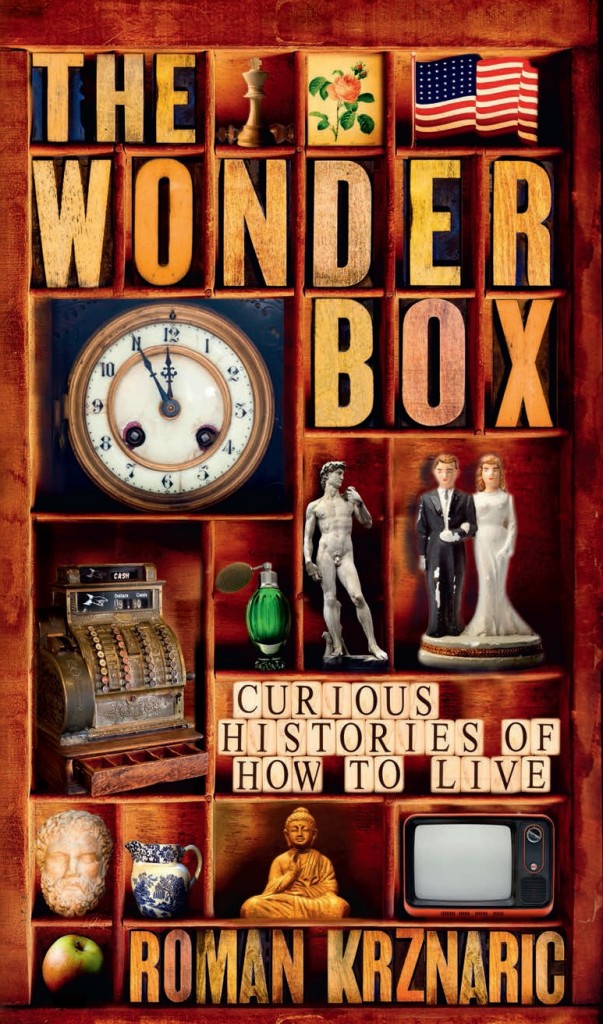 My new book, THE WONDERBOX: CURIOUS HISTORIES OF HOW TO LIVE (Profile Books), will be in bookshops from December 22 – just in time for a last-minute Christmas stocking filler.
My new book, THE WONDERBOX: CURIOUS HISTORIES OF HOW TO LIVE (Profile Books), will be in bookshops from December 22 – just in time for a last-minute Christmas stocking filler.
It’s about what the last three thousand years of human history can tell us about better living, and explores twelve universal topics, from work and love to money, creativity and empathy. What might we learn from the Ancient Greeks about the different varieties of love, from the industrial revolution about changing career, or from ancient Japanese pilgrims on the art of travel?
‘The Wonderbox is a cornucopia of delights. Completely fascinating, beautifully written and brimming with insights that challenge our entrenched and predictable ways of seeing and doing, it draws on an amazing range of stories from the history of human culture to explain how we can find true meaning in life. Every thinking home should have one!’ – Michael Wood, historian, broadcaster and author of The Story of England
Find out more about the book here. You can buy it from Amazon here.
The book is being launched with a series of five talks at The School of Life, Life Lessons from The Wonderbox, starting January 11 with ‘The Six Varieties of Love’.
Best wishes and happy reading!
Roman
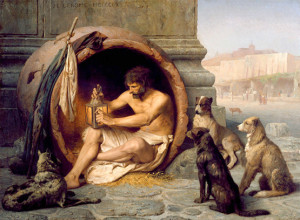 Okay, the Christmas frenzy is over and it’s time for resolutions. What’s it going to be in 2014? For the coming year I’m going to borrow a mantra from the 19th century naturalist Henry David Thoreau, who preached the pleasures and virtues of ‘simplicity, simplicity, simplicity’.
Okay, the Christmas frenzy is over and it’s time for resolutions. What’s it going to be in 2014? For the coming year I’m going to borrow a mantra from the 19th century naturalist Henry David Thoreau, who preached the pleasures and virtues of ‘simplicity, simplicity, simplicity’.